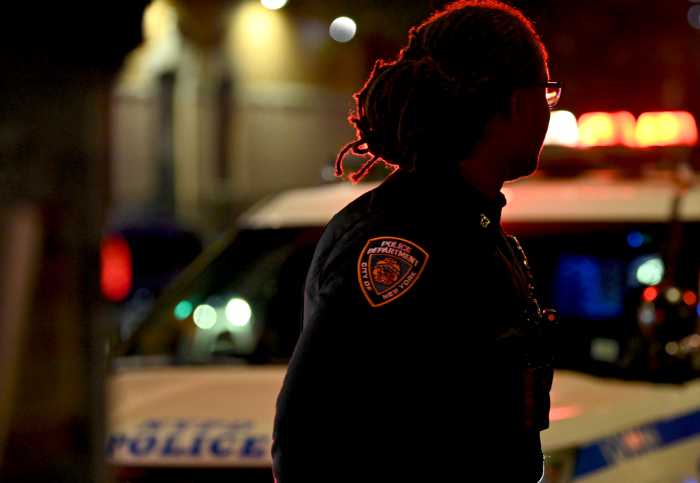A lawsuit was filed against the Nassau County Police Department, alleging discrimination and harassment against police officers who have a skin condition that makes it painful to shave.
In the complaint, which was filed in December, the officers say that they suffer from a condition called pseudofolliculitis barbae, which prevents them from being clean-shaven as mandated by department policy.
They asked for and received accommodations as a result, which the plaintiffs allege were not honored. Instead, the lawsuit claims that they were effectively demoted and passed over for opportunities for which the officers were qualified, along with being subject to other forms of harassment. Nassau County Police Commissioner Patrick J. Ryder is named as a defendant in the case, along with Nassau County.
In a response filed in early January, the defendants denied all of the allegations set out in the complaint. When reached for comment, Nassau County Police said that they could not comment on pending litigation.
Pseudofolliculitis barbae, colloquially known as razor or barber bumps, is caused when hairs curl around and re-enter the skin after shaving. The condition can be painful and eventually cause scarring if not treated properly, according to the Journal of the American Medical Association. The most effective treatment for the condition is not shaving at all.
The condition is common in those who have curly hair and occurs in up to 60% of Black men.
Four officers are named as plaintiffs in the complaint, seeking $100 million in damages. They are represented by Frederick K. Brewington, a civil rights lawyer based in Hempstead.
Garlinsky Jean and Kenneth Herbert, who are both Black, have been with Nassau County Police for seven and five years, respectively.
David Soto, who is Puerto Rican, has been with the department for more than 10 years.
The lawsuit alleges that Alexander Renwart, who is also Black and had served on the force for more than eight years, was subject to harassment directly from Ryder.
At a ceremony where Renwart was set to be honored with a Meritorious Award for his service, the commissioner allegedly walked up to him and pinched his cheek, saying “Did you forget your [expletive] razor at home?” Ryder was purportedly aware of Renwart’s condition and subsequent accommodations, according to the suit.
All four officers were assigned to desk roles and repeatedly denied promotions, opportunities for overtime and trainings that were available to others of their experience, the complaint alleges. They also had to produce doctor’s notes verifying that they had the skin condition on a monthly basis rather than twice a year as had been previously established.
After accommodations were granted to the plaintiffs, the department allegedly changed its reasoning for restricting them to administrative roles, the suit states.
Police are outfitted with respirators to protect them if they encounter dangerous gases or other breathing hazards. These require a tight fit with the wearer’s face so that they can be airtight.
The plaintiffs had requested to use an alternate type of respirator called an escape hood, which fits over the whole head and allows those with facial hair to use them.
The lawsuit states that this request was denied despite other officers having previously been allowed to use escape hood respirators. The plaintiffs allege that this was done with the intent to discriminate against them racially, punishing them for seeking accommodations for their condition.
Past racial discrimination on the part of the county police was referenced in the complaint, specifically the consent decree applied by the Department of Justice in 1982. This was the result of findings that showed the department had for years engaged in discriminatory hiring practices, hiring White officers at a disproportionate rate compared to those who were Black, had Spanish surnames or women.
The case is set to go into mediation on July 31.































